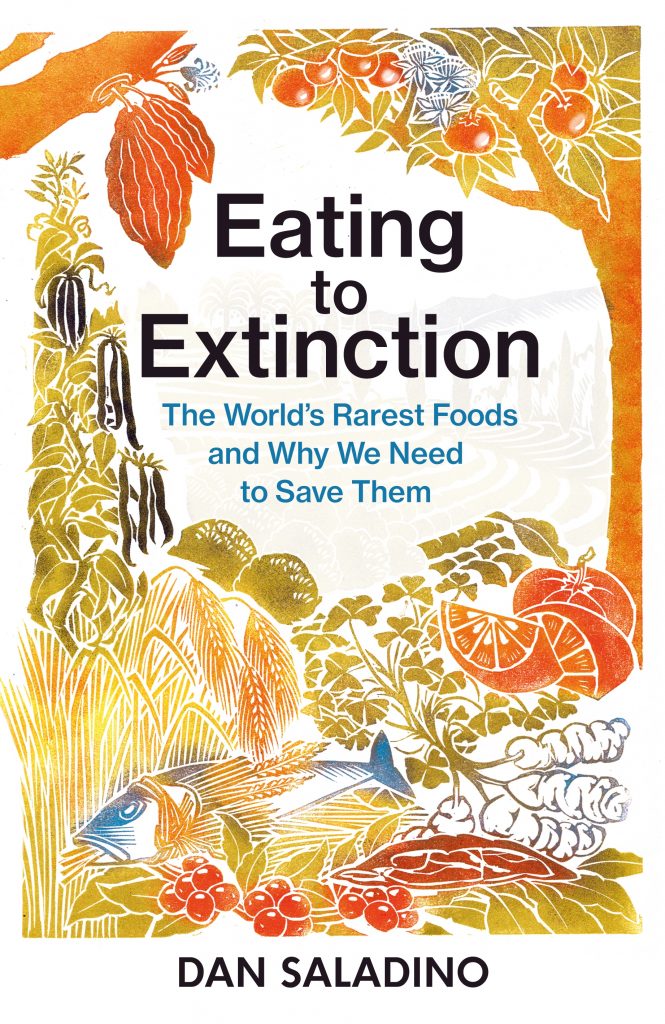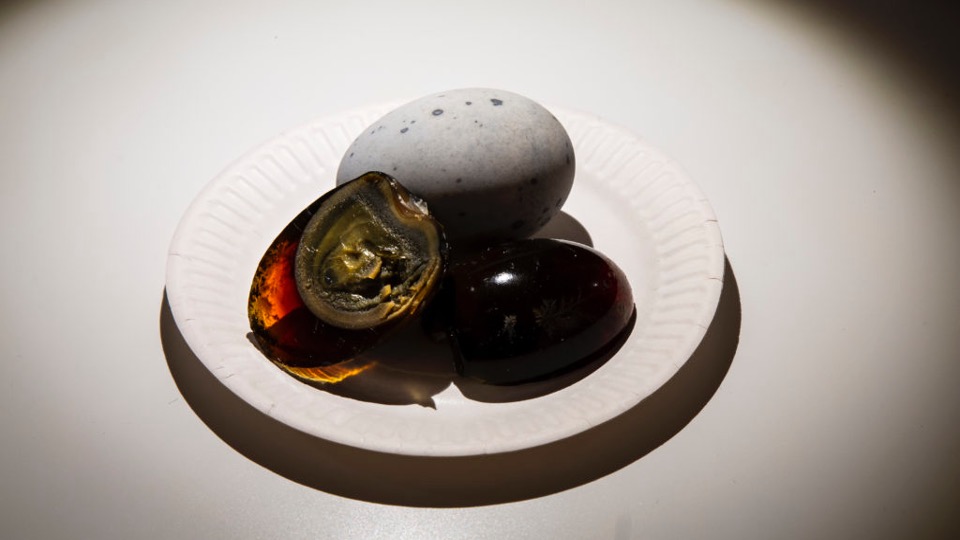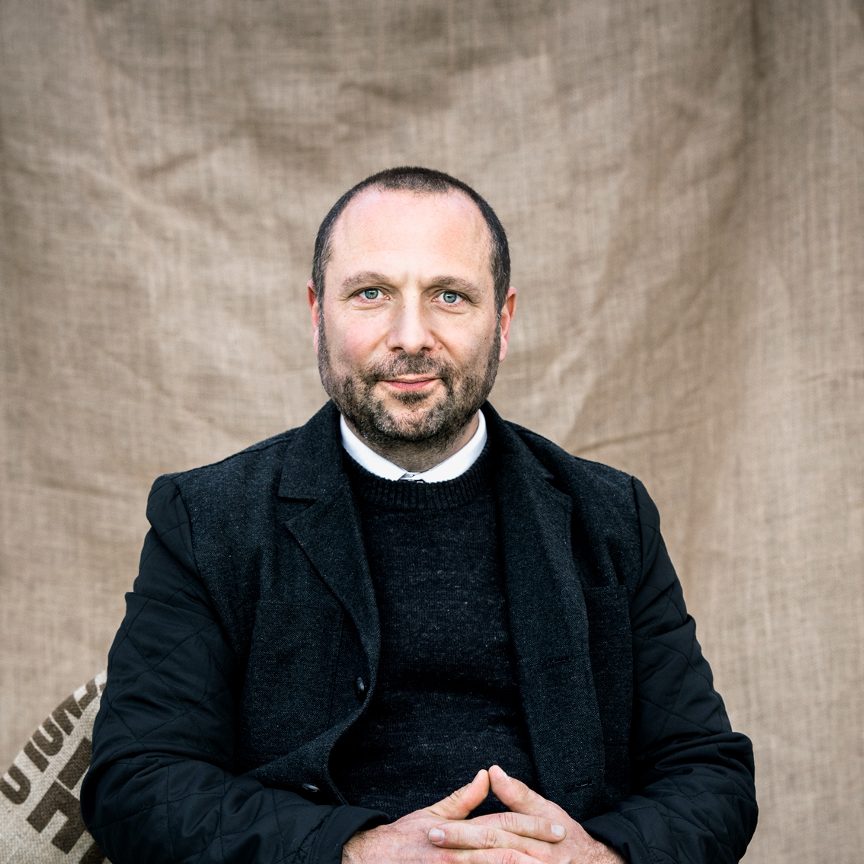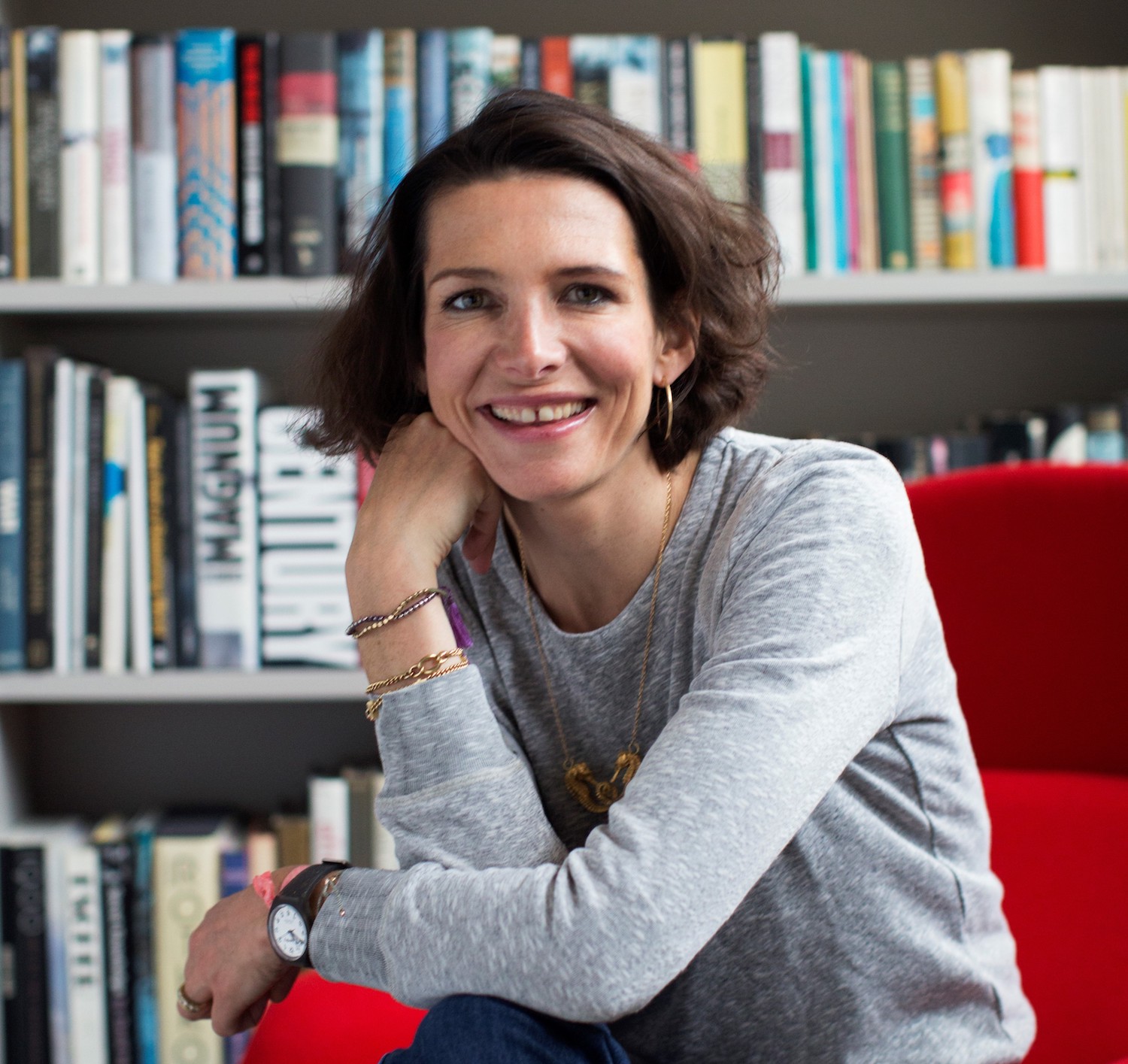Award-winning journalist Dan Saladino and restaurateur Thomasina Miers take us on a thrilling journey through the history of humankind’s relationship with food, revealing a world at a crisis point.
From a tiny crimson pear in the west of England to great chunks of fermented sheep meat in the Faroe Islands, from pistachios in Syria to flat oysters in Denmark, from a wild honey harvested with the help of birds to an exploding corn that might just hold the key to the future of food – these are just some of the thousands of foods around the world today that are at risk of being lost for ever.
In conversation with writer and restauranteur Thomasina Miers, Dan Saladino will uncover the stories of these foods. He has met the pioneering farmers, scientists, cooks, food producers and indigenous communities who are preserving food traditions and fighting for change. All human history is woven through these stories, from the first great migrations to the slave trade to the refugee crisis today. But this livestream event will be about much more than preserving the past. It will reveal a world at a crisis point: the future of our planet depends on reclaiming genetic biodiversity before it is too late.
Join us is an astonishing journey through the past, present and future of food, a love letter to the diversity of global food cultures, and a work of great urgency and hope.
Praise for Dan Saladino’s Eating to Extinction:
‘This inspiring and urgent book is one of the few food books that has ever given me Goosebumps… It is a story full of both loss and hope. If you’ve ever wondered where our foods come from and why we eat the way we do, this book comes as close to an answer as any I’ve ever read.’ Bee Wilson
‘Dan Saladino writes about global good culture as urgently and compellingly as he broadcasts on The Food Programme. He makes a brilliant case that the diversity of our food culture is inextricably linked to the biodiversity of our environment, and therefore the future of our food and IS the future of our planet. We’d all do well to take that on board.’ – Hugh Fearnley-Whittingstall








